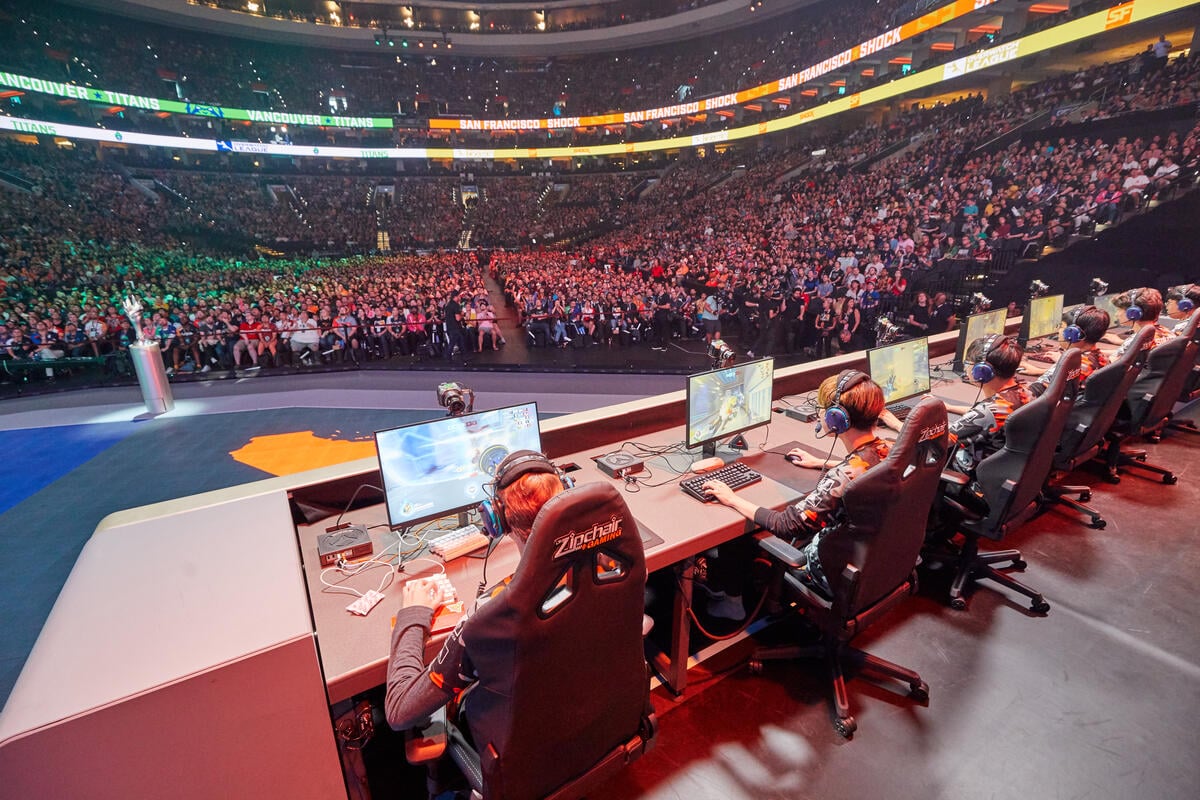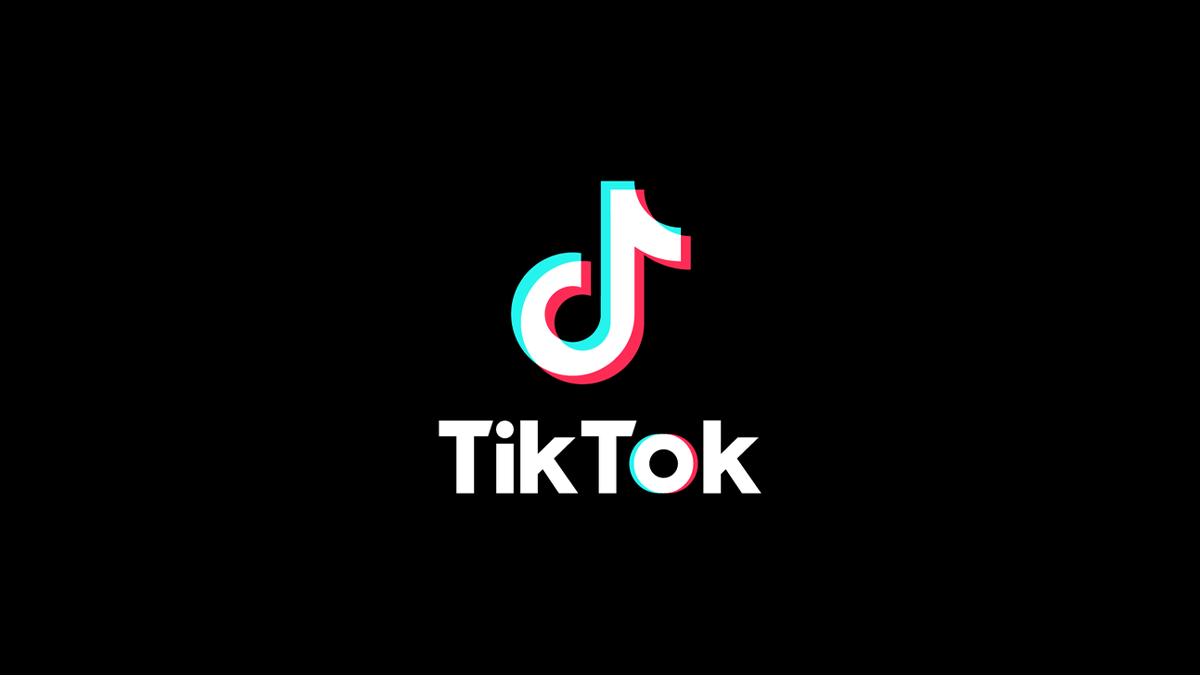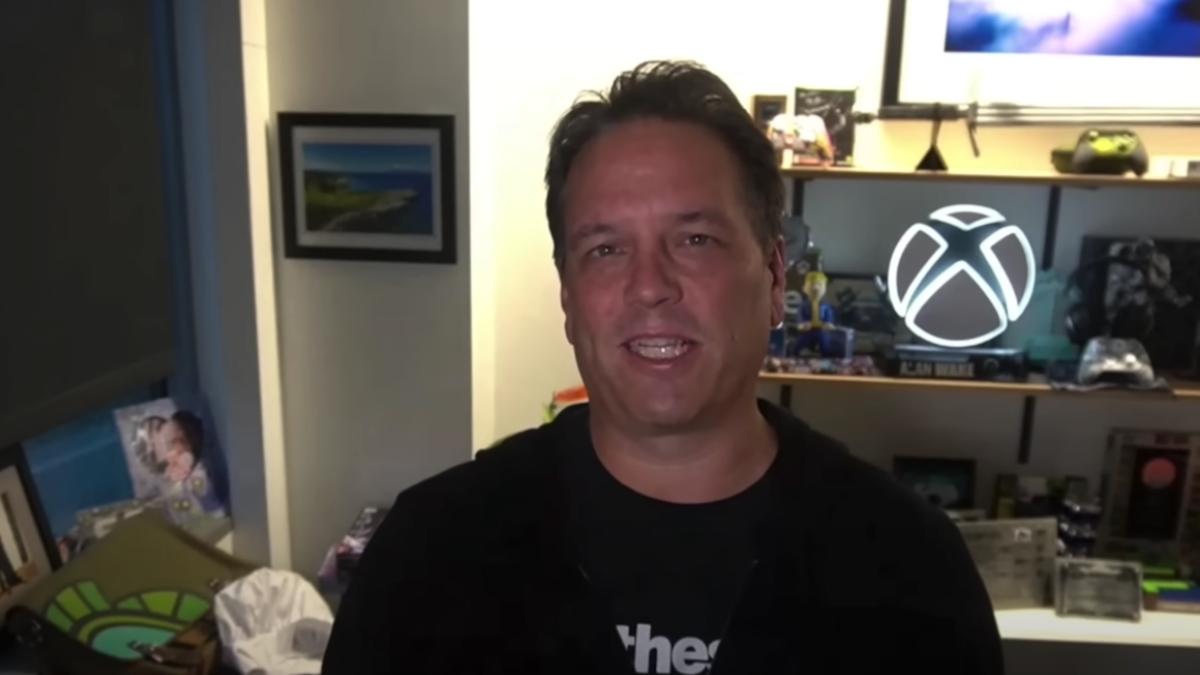Activision Blizzard has reportedly already agreed to a settlement to a lawsuit levied by the U.S. Department of Justice, which was filed today in response to an investigation into the company’s practices regarding the limiting of player salaries in its franchised esports leagues.
The DOJ, according to Bloomberg, is asking federal courts to approve the settlement which would prevent Activision Blizzard from ever imposing a tax that would suppress player wages in the Call of Duty League or Overwatch League ever again, even if the video game company is eventually acquired by Microsoft.
The DOJ took issue with the Competitive Balance Tax, which the department says “penalized teams for paying esports players above a certain threshold and limited player compensation in these leagues.” The DOJ alleged that this suppressed competition between teams that didn’t want to get taxed for bidding on the highest-paid players and suppressed wages across the leagues.
An Activision Blizzard representative provided a statement to Gamesindustry.biz and Bloomberg, defending its belief that the “Competitive Balance Tax was lawful, and it did not have an adverse impact on player salaries.” In that statement, however, they added that the tax was “never levied” and that “the leagues voluntarily dropped it from [their] rules in 2021.” The DOJ report notes that the company’s decision to no longer implement the tax in October 2021 was “a result of the Department of Justice’s investigation.”
Within the DOJ report, antitrust division assistant attorney general Jonathan Kanter noted that “professional esports players—like all workers—deserve the benefits of competition for their services.” While professional sports leagues feature caps on the amount of players’ salaries they can have on their books, those caps are negotiated with player unions via collective bargaining, something that is not present in either the OWL or CDL.







Published: Apr 3, 2023 03:11 pm